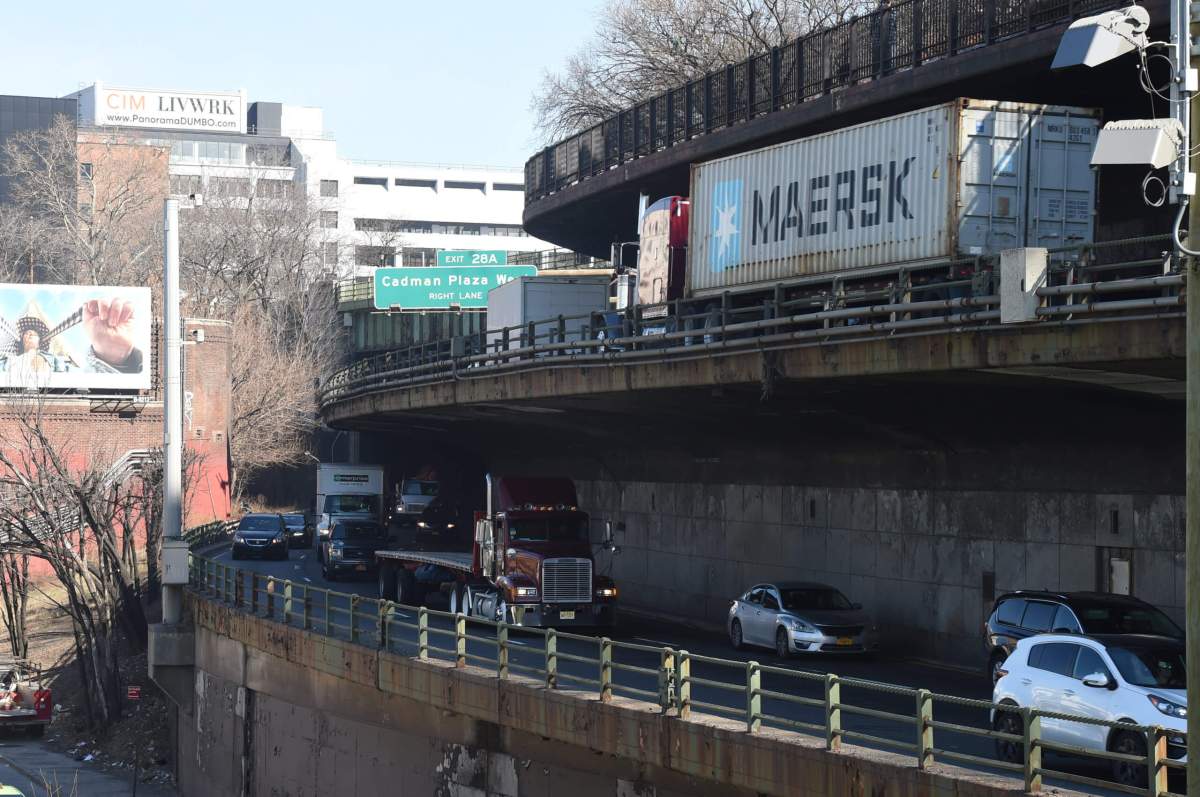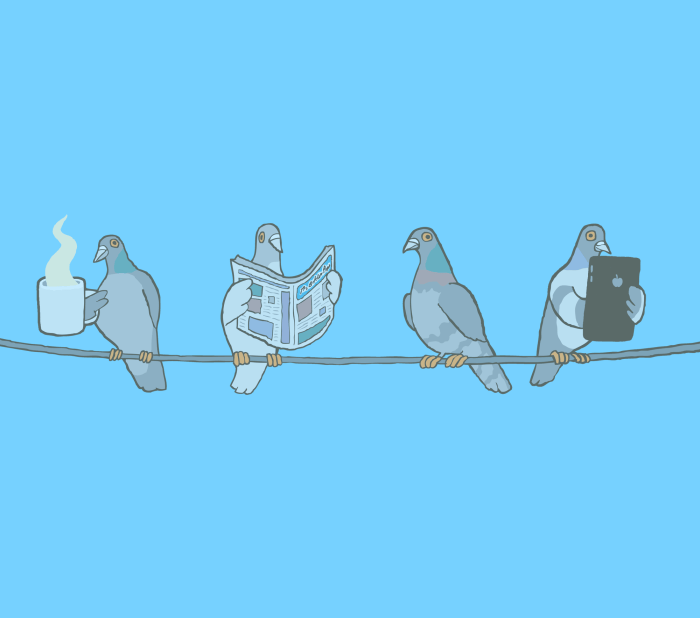Transit officials want to hear from you about the proposal to toll drivers entering Manhattan at or below 60th Street, known as congestion pricing, and the Metropolitan Transportation Authority announced Thursday it will hold 13 virtual public input sessions on the scheme.
The meetings will target different communities in the tri-state area scheduled between Sept. 23–Oct 13. A new website and hotlines are set up for folks to learn more about and give their two cents on the first-in-the-nation project officially dubbed the Central Business District Tolling Program.
“This is the first congestion pricing program in the United States, and it’s important that the public have an opportunity to learn about the proposal and to be able to weigh in,” said acting MTA chairperson and CEO Janno Lieber in a statement Aug. 26. “We are committed to getting this project done quickly while providing the public real transparency throughout the process.”
Ten of the meetings will focus on different regions in New York, New Jersey, and Connecticut, starting with the outer boroughs of New York City on Sept. 23, but anyone can tune into any meeting that suits their schedule.
Three additional meetings are focused on hearing from low-income areas and so-called environmental justice communities, which have historically suffered outsize environmental damage at the hands of the government and corporations.
A new project website was launched allowing people to get more information about the project and the review process, register for public meetings or sign up to speak, and submit written comments online.
These services are also available through two phone hotlines launching Thursday.
Congestion pricing aims to cut back traffic heading in Manhattan and divert commuters onto public transit, while reducing air pollution.
The toll is expected to bring in $1 billion in annual revenue for the MTA and would allow the mass transit agency to unlock $15 billion in bonds to help repair and upgrade the city’s decaying public transit system.
As part of a federally-mandated review known as an Environmental Assessment, MTA and its two partners, the State Department of Transportation and the City Department of Transportation, have to collect public feedback for the project.
MTA bigs announced last week they expect the Assessment to take 16 months, which would push back implementation of the controversial charge until after state officials face voters in the 2022 elections.
The toll was originally approved by state legislators in Albany in 2019, but the President Trump Administration stalled it for two years until the new leaders in Washington under President Biden let it move ahead in March.
Mayor Bill de Blasio and government watchdog groups have lambasted MTA’s 16-month timeline, saying the ailing mass transit agency can’t afford to wait that long, even if its own financial gurus say they’re fine for now thanks to other state tax revenues.
MTA officials have defended the schedule, saying they need the time to reach as many people as possible who may be impacted by congestion pricing.
Schedule for the 10 regional meetings:
- Thursday, Sept. 23, 10 am to noon: The Bronx, Brooklyn, Queens, and Staten Island
- Thursday, Sept. 23, 6-8 pm: Manhattan Central Business District (60th Street and below)
- Friday, Sept. 24, 10 am to noon: New Jersey
- Wednesday, Sept. 29, 10 am to noon: Northern New York City Suburbs
- Wednesday, Sept. 29, 6-8 pm: Long Island
- Thursday, Sept. 30, 6-8 pm: The Bronx, Brooklyn, Queens, and Staten Island
- Friday, Oct. 1, 1-3 pm: Connecticut
- Monday, Oct. 4, 6-8 pm: New Jersey
- Tuesday, Oct. 5, 6-8 pm: Northern New York City suburbs
- Wednesday, Oct. 6, 6-8 pm: Manhattan outside the Central Business District (61st Street and above)
Environmental justice community meetings:
- Thursday, Oct. 7, 6-8 pm: New York
- Tuesday, Oct. 12, 6-8 pm: New Jersey
- Wednesday, Oct. 13, 6-8 pm: Connecticut
For more information on congestion pricing go to new.mta.info/project/CBDTP. You can call (646) 252-7440 to leave comments or questions about the project, or (646) 252-6777 to get a short description of the proposal, register for public meetings, or request language or sign language services.
This story first appeared on amNewYork.






















